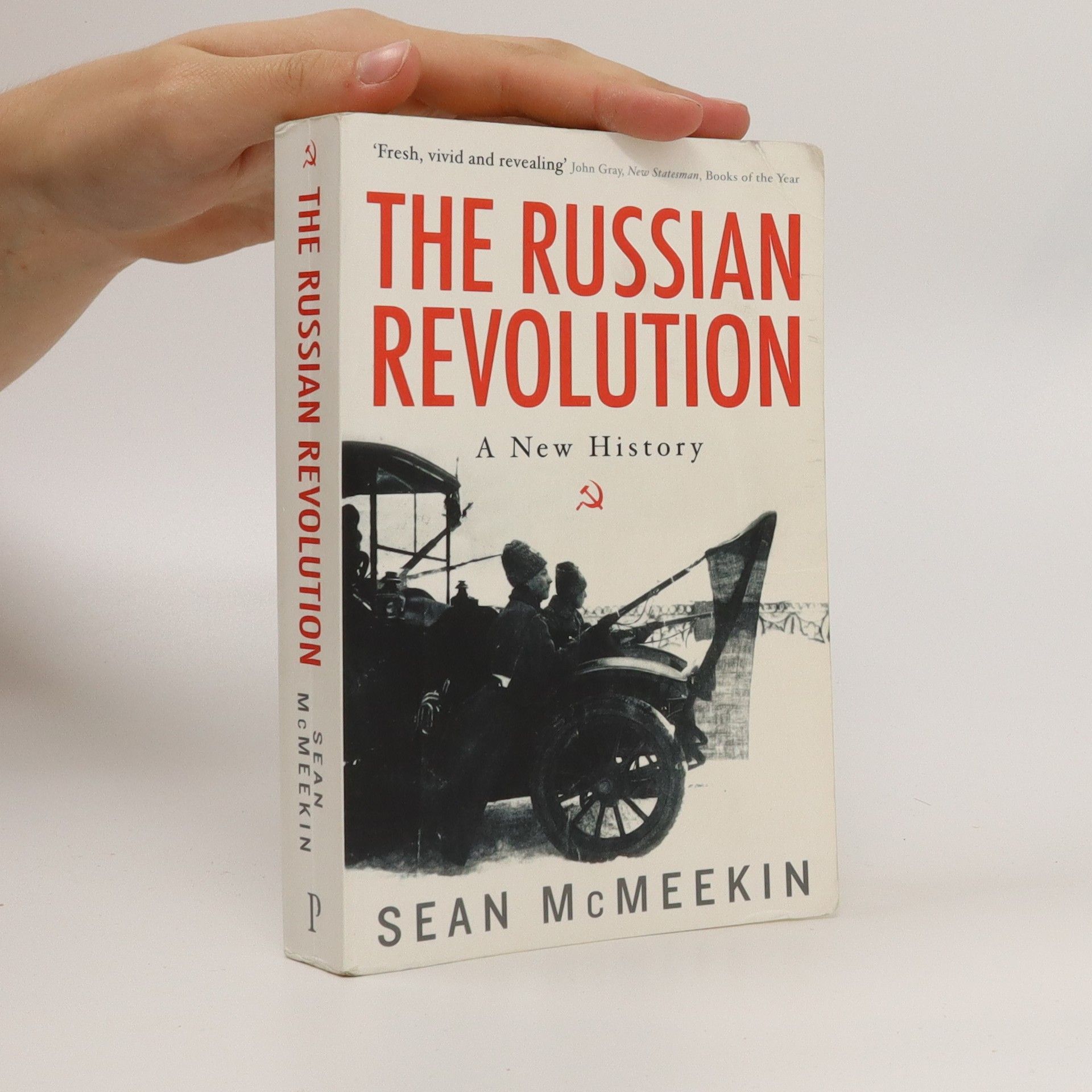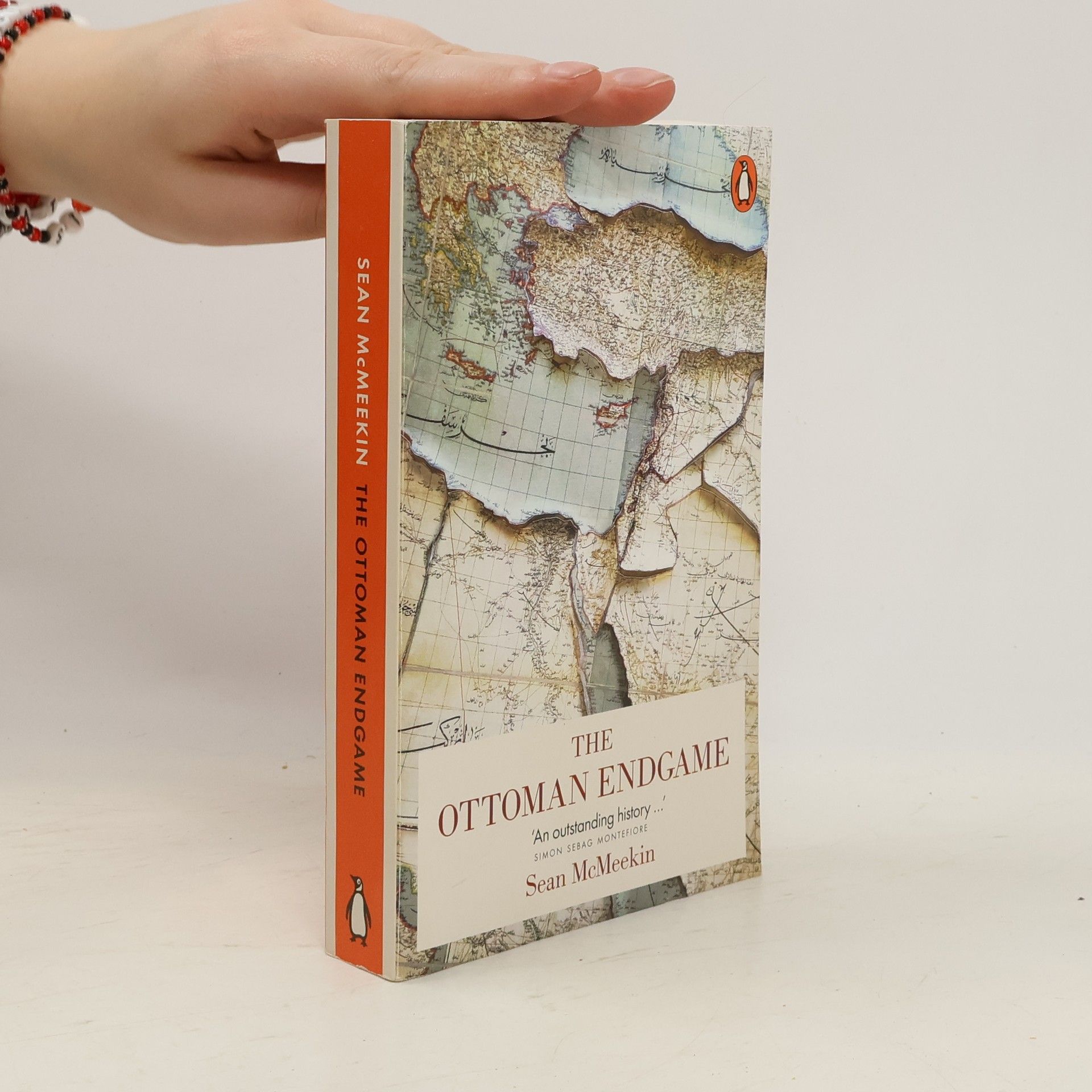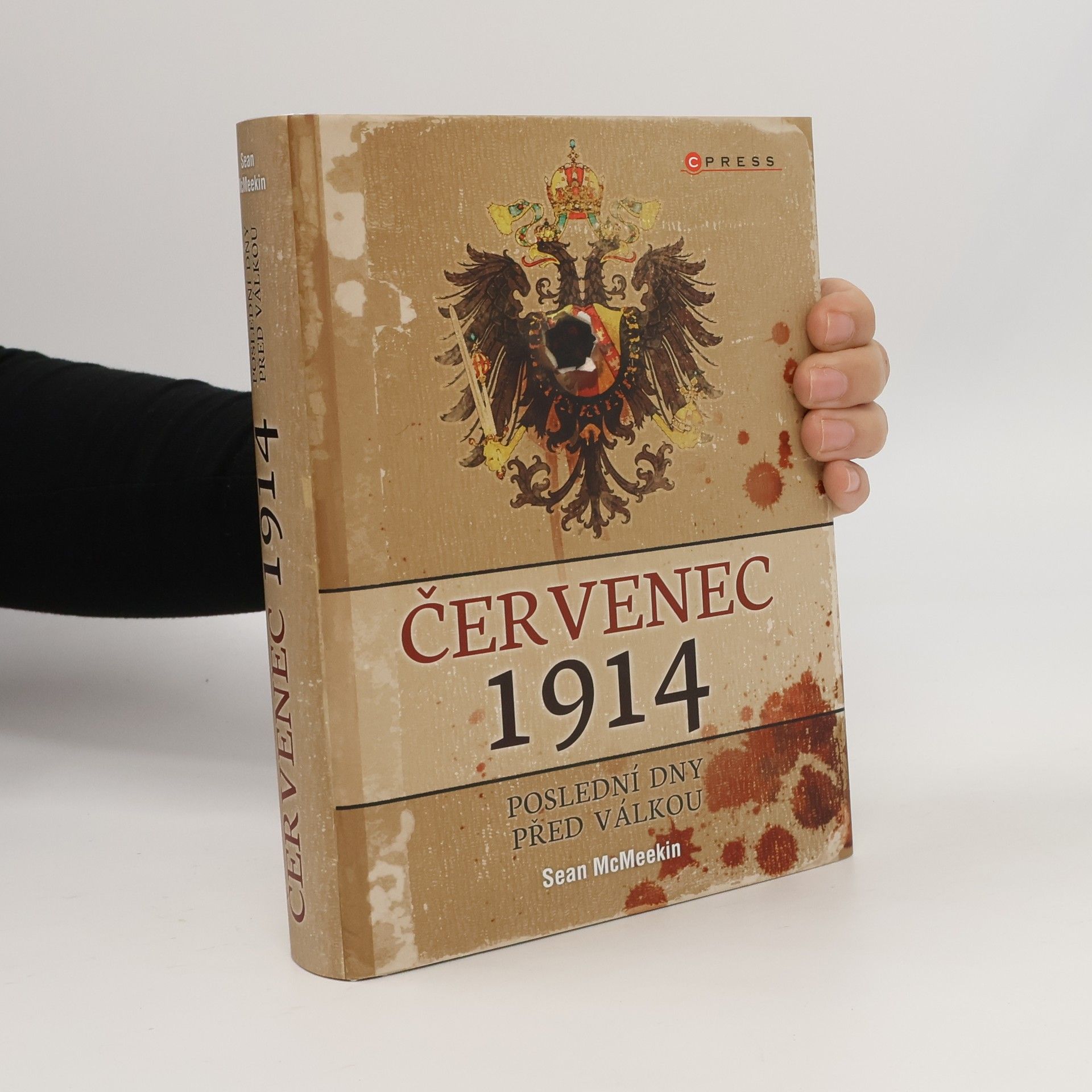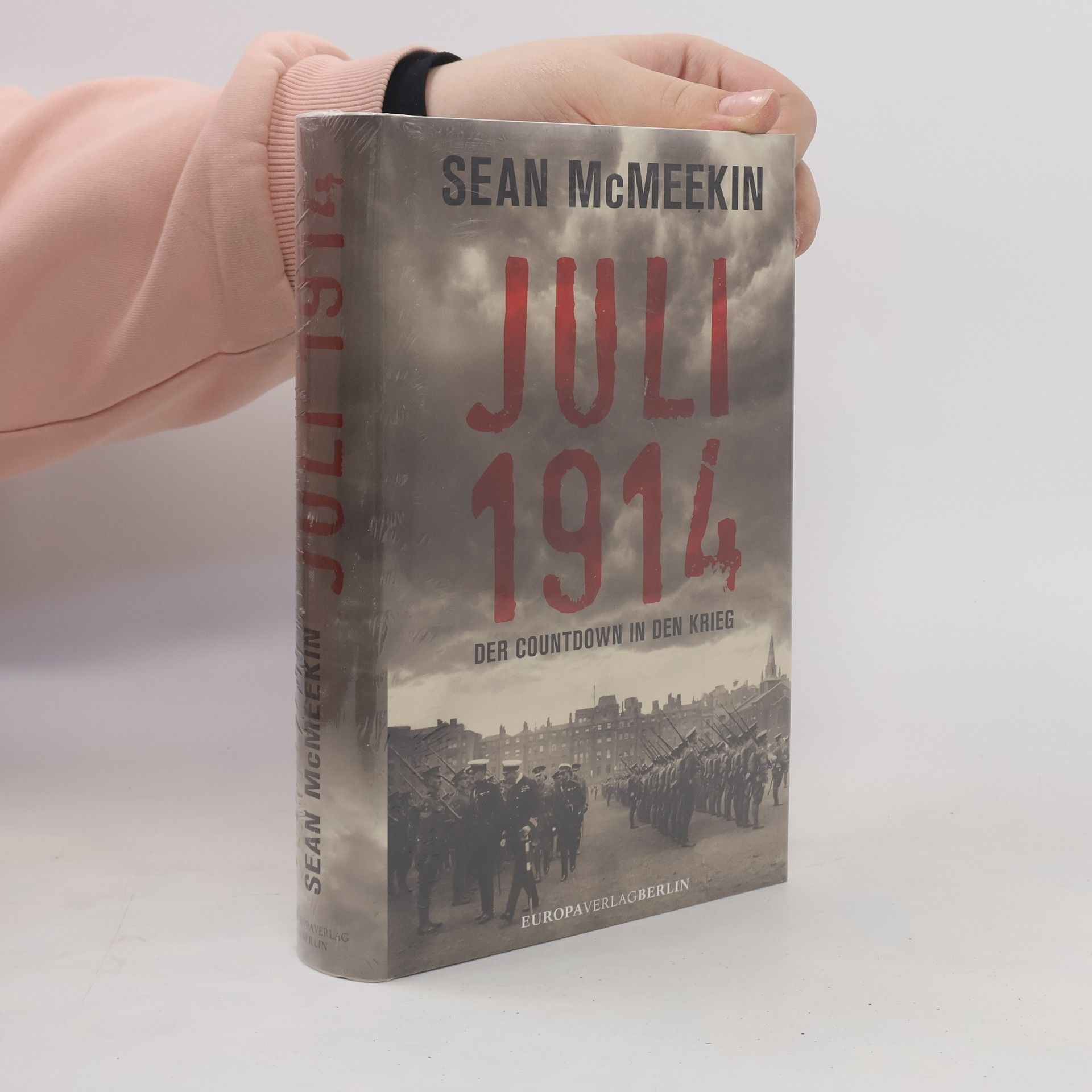Wojna Stalina Nowa historia II wojny światowej
- 768 stránek
- 27 hodin čtení
KTO NAPRAWDĘ WYGRAŁ II WOJNĘ ŚWIATOWĄ? GORZKA PRAWDA O ZWYCIĘZCACH I POKONANYCH Wszystko, co myśleliśmy o II wojnie światowej, było uproszczeniem. To nie była wojna Hitlera. Gdy Japonia atakowała Mandżurię, nie był jeszcze nawet u władzy. Gdy wojna się kończyła, od 4 miesięcy już nie żył. To była wojna innego tyrana. Jego mocarstwo rozciągało się od Europy po Azję. Był u władzy od samego początku konfliktu i wiele lat po nim. Jego armie uczestniczyły przez cały czas we wszystkich zbrojnych konfliktach kontynentu euroazjatyckiego. Jego państwo stanowiło przedmiot pożądania dwóch głównych agresorów należących do państw Osi. Obu pokonał. Ogromnie powiększył swoje imperium i zdobył władzę nad milionami ludzkich istnień. Miliony też posłał na śmierć. Z wojny wyszedł jako triumfator, zagarniający wojenne łupy. To nie była wojna Hitlera ani nikogo innego. To była wojna Stalina. Zdawało się, że o II wojnie światowej nie można powiedzieć nic nowego. Sean McMeekin udowadnia, że wszystko, co o niej sądziliśmy, było przekłamaniem.






